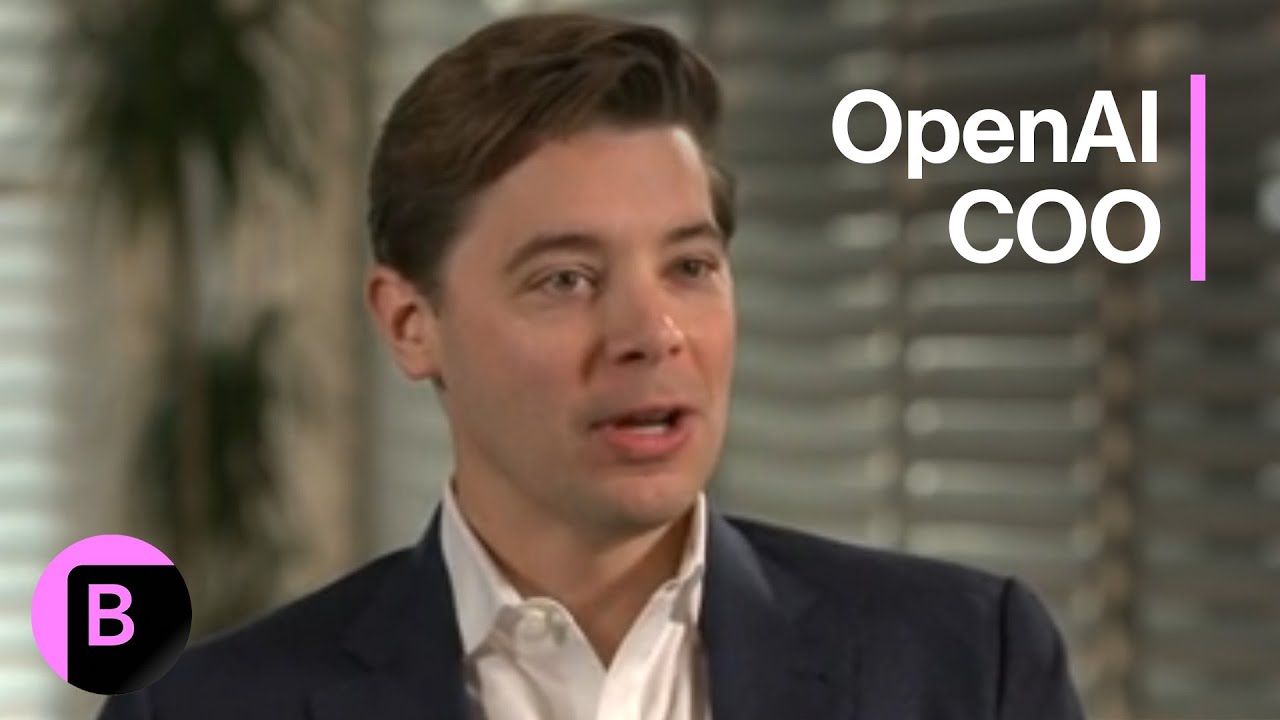The OpenAI COO emphasizes strong global demand for AI across industries, highlighting its role in augmenting human work and boosting productivity rather than destroying jobs, with significant expansion in Europe and plans for advanced AI models by 2025. They also note ongoing international collaborations and government interest in integrating AI into public infrastructure, while reaffirming OpenAI’s non-profit focus and continued support from SoftBank.
The OpenAI COO highlights the strong and growing demand for AI products, particularly in Europe, where the company has recently expanded with offices in Paris and Munich. European businesses are now among the top users of OpenAI’s offerings, reflecting a significant trend of adoption across sectors. The COO emphasizes that demand is widespread across industries such as financial services, healthcare, and education, with companies leveraging AI to enhance workflows, manage large data sets, and improve efficiency.
In financial services, OpenAI collaborates with organizations like Dxb in Germany and NatWest, helping them address complex logistical challenges through AI-driven insights. These tools enable companies to incorporate more data and context into their processes, boosting productivity and decision-making. The COO notes that as AI models become more capable, they are increasingly used to augment human work, leading to more efficient operations rather than job displacement.
Regarding pricing and product flexibility, the COO states that there has been little pushback from customers. Instead, clients are seeking more adaptable ways to utilize AI tools as new features and services are introduced. An example is Codex, an AI software engineering agent that can perform complex coding tasks in a sandbox environment. OpenAI aims to ensure that large enterprises can access and deploy these advanced tools without limitations, with plans to introduce more features aligned with the evolving needs of businesses.
Looking ahead to 2025, the COO predicts that the year will be pivotal for AI agents—models capable of reasoning, using tools, and performing complex tasks. As models advance, they will enable more sophisticated applications, such as reasoning and coding, which will significantly expand AI’s capabilities. The COO also addresses concerns about AI impacting jobs, asserting that AI is not expected to eliminate jobs in the short term but rather to enhance productivity, especially in resource-constrained environments like software engineering, where AI can make workers much more efficient.
Finally, the COO discusses the global expansion of AI initiatives, including Stargate in the US and potential efforts outside the US. Governments worldwide are increasingly interested in integrating AI into their national infrastructure and services. OpenAI is working with various countries to develop AI programs that benefit the public, including infrastructure deployment and government service integration. The COO confirms that the recent decision to keep the company’s structure non-profit with a public benefit focus remains in place, and that SoftBank’s pledged $40 billion investment is still committed, ensuring continued support for OpenAI’s growth and initiatives.
